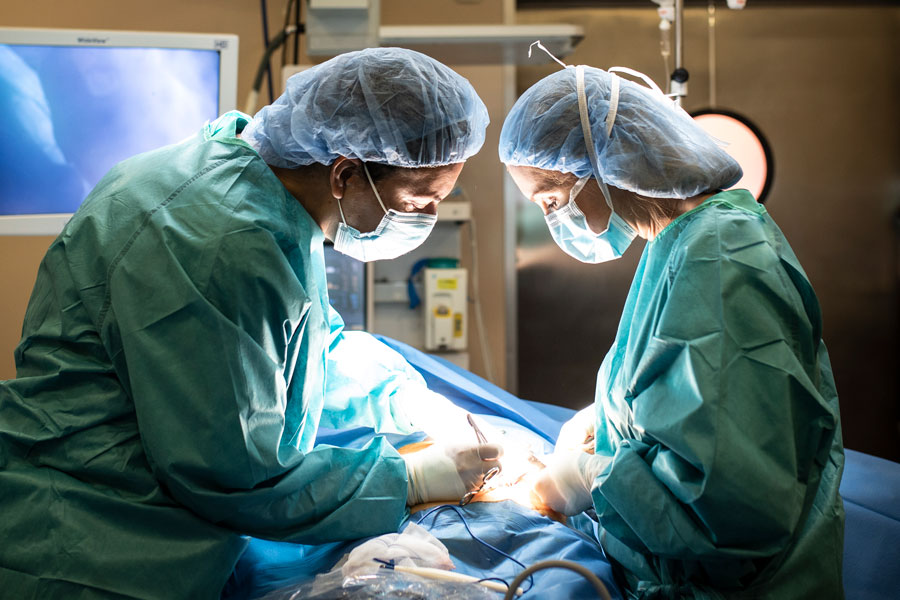Leaders in Laparoscopic Surgery for Colon and Rectal Cancer
Our patients with colon or rectal cancer benefit from our prehabilitation programmeand the advantages of the ERAS® protocols for optimal recovery.
The extensive experience of our team of surgical oncologists in minimally invasive surgery and colon cancer surgery makes IVOQA the leading facility for colon and rectal cancer surgery and treatment.
Our experts also continually seek to improve colon cancer care through meetings of the tumours committee that review colon cancer cases to make multidisciplinary clinical management decisions, including the discussion of new treatments or experimental therapies.


